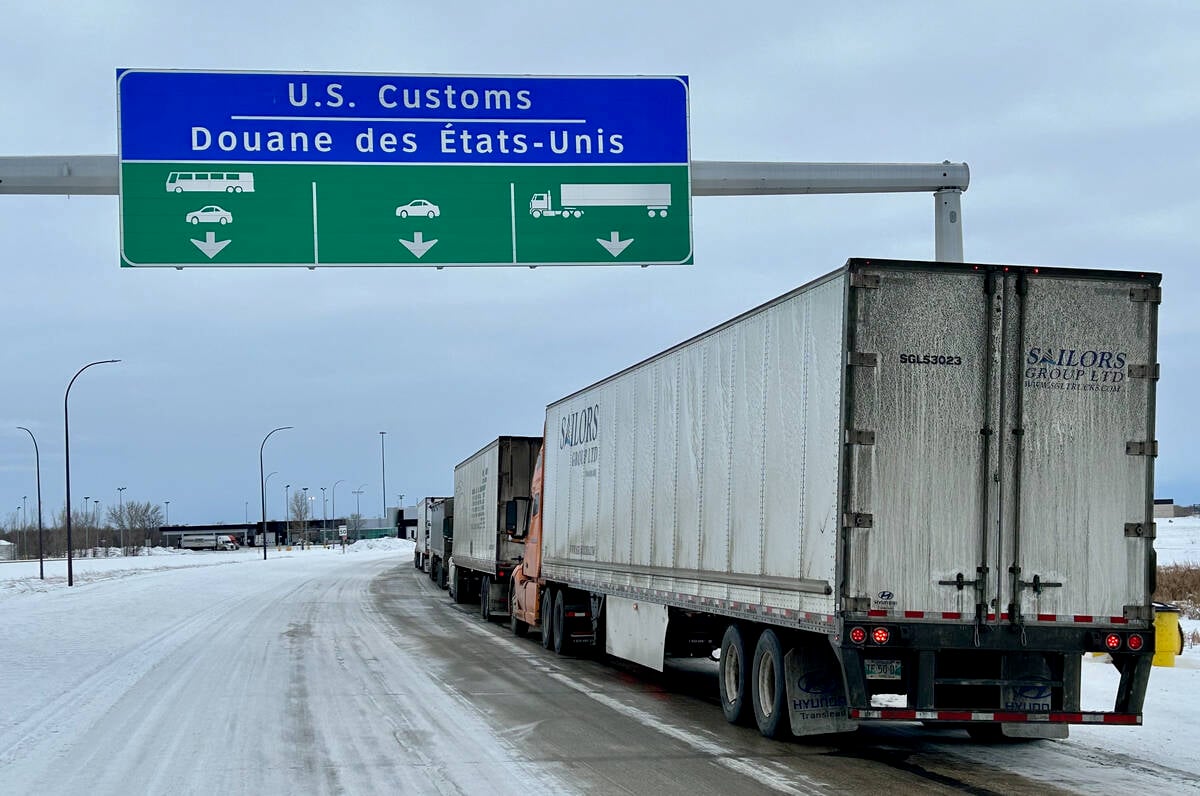Ontario and Quebec farmers affected by this year’s drought will receive help from the federal-provincial AgriRecovery program, says federal agriculture minister Gerry Ritz.
However, the form of help for producers remains unclear and when it will be announced is up in the air.
“I don’t have a specific date in mind (for an announcement), but in discussions with my provincial colleagues … we sent very strong signals some days ago, some weeks ago, that AgriRecovery would be in play,” Ritz told the House of Commons agriculture committee last week.
Read Also

U.S. bill could keep out Canadian truckers
The Protecting America’s Roads Act, which was tabled in the U.S. House of Representatives at the beginning of October, would “rid the country of illegal immigrant commercial truck drivers and ineligible foreign nationals.”
“They will have the choice to either move the animals to the feed or the feed to the animals, whichever makes more sense.”
It was the news that Ontario Federation of Agriculture president Mark Wales has been waiting to hear confirmed. Ontario, Canada’s most diverse agricultural province and until last year its largest, has suffered hundreds of millions of damage in drought effects.
OFA officials met with the federal-Ontario AgriRecovery group weeks ago to make a pitch for help, but he said they have heard nothing as governments decide what to announce and when to announce it.
“That’s excellent to hear because it was pretty brutal this year,” he said.
“We have bad weather from time to time, but the tap turned off in early June and it was the end of the summer before many farmers saw any rain.”
Wales said the affected area stretched from western Quebec and eastern Ontario along northern Lake Ontario, into the agricultural powerhouse of southwestern Ontario and as far north as Grey and Bruce counties in the heart of Ontario cattle country.
He said the nature of the aid is still uncertain.
“It could be more than just a cheque,” Wales said.
“We’ll have to see exactly how they decide to roll it out. It might be more efficient to move the animals to the hay than hay to the animals.”
Meanwhile, the HayEast campaign to move cattle feed from the Prairies to Ontario and Quebec continues as western farmers pledge hay. They remember eastern generosity a decade ago with the Hay West campaign during a Prairie drought.
Ritz said federal and Ontario governments continue to support the project with a promise of a $500,000 contribution to hay transportation costs and up to $2.5 million in matching funding for private or corporate contributions to the HayEast project.
The campaign’s 70,000 bale target has not been reached.
















